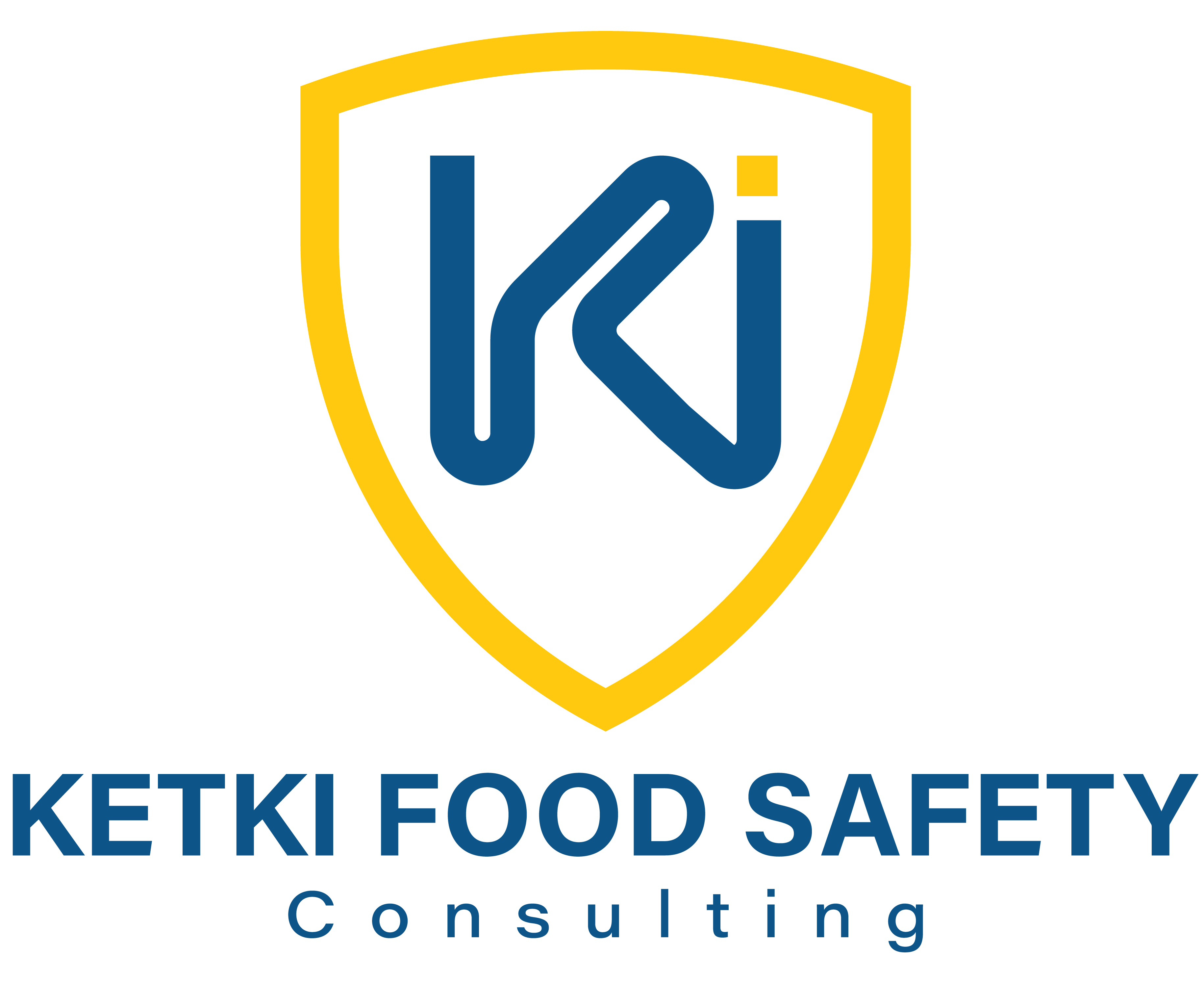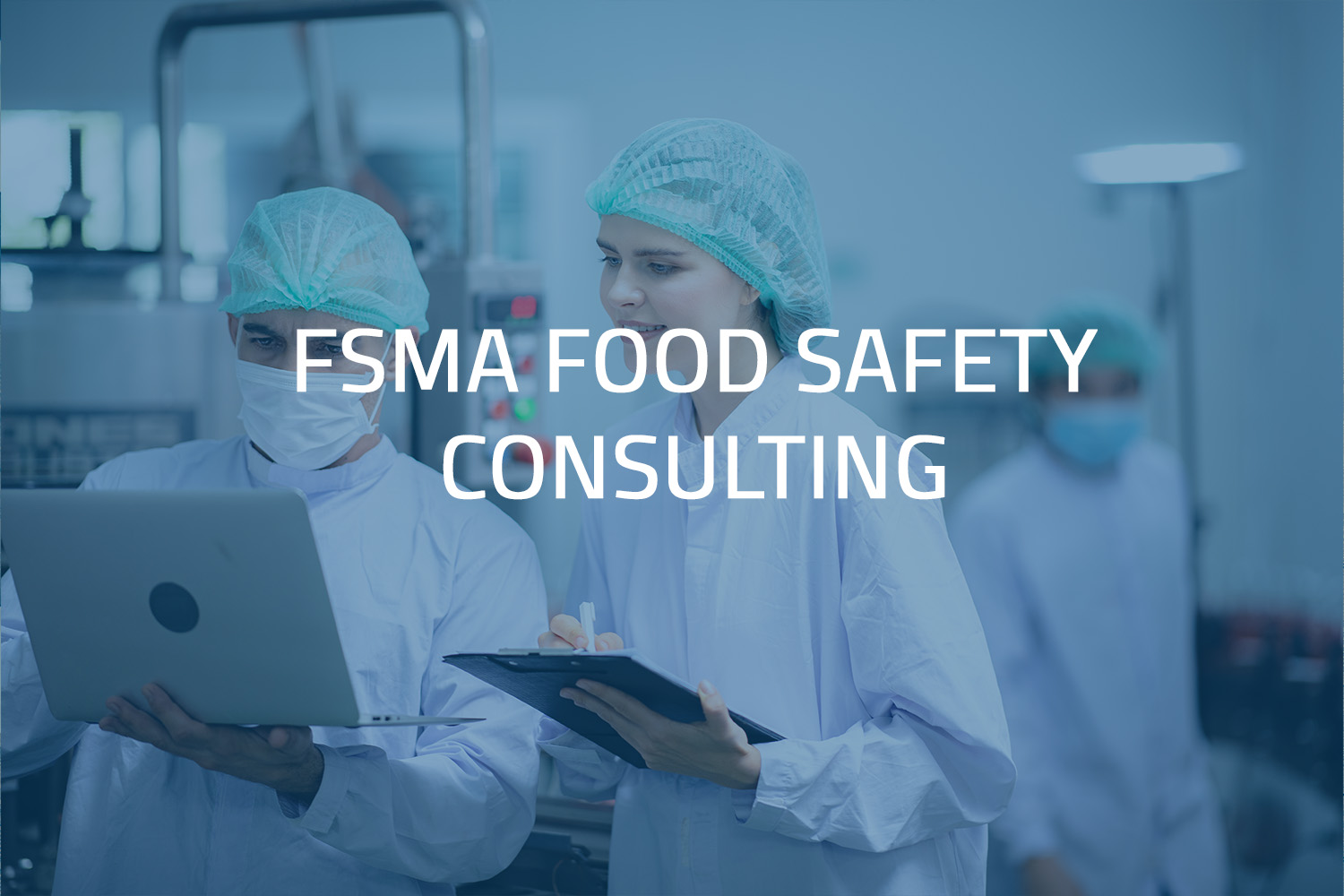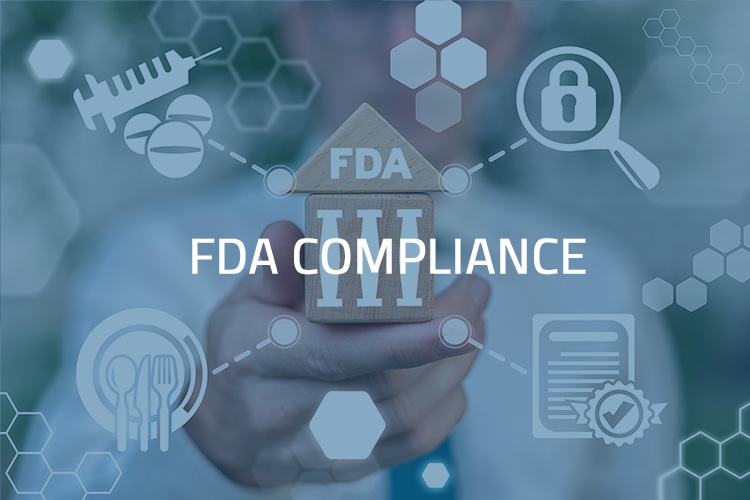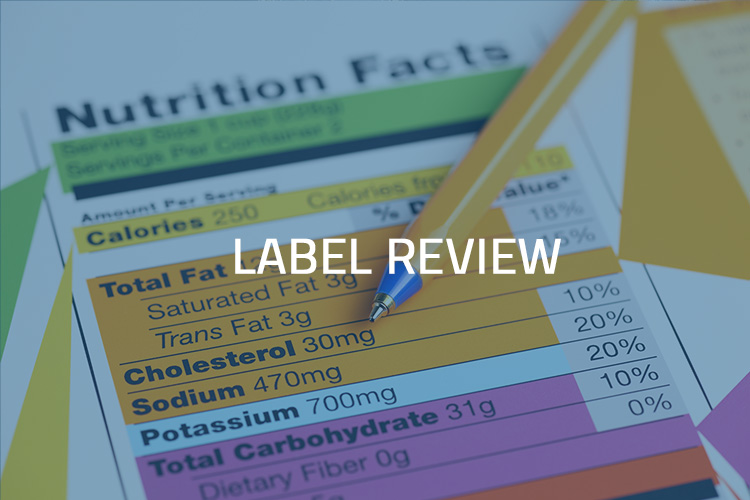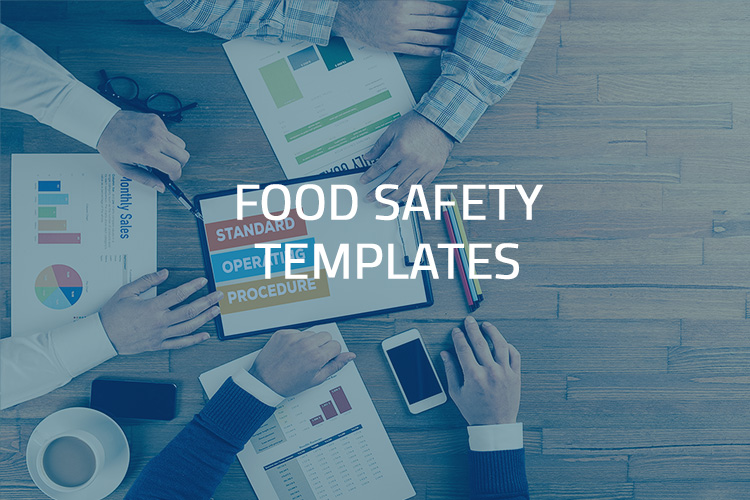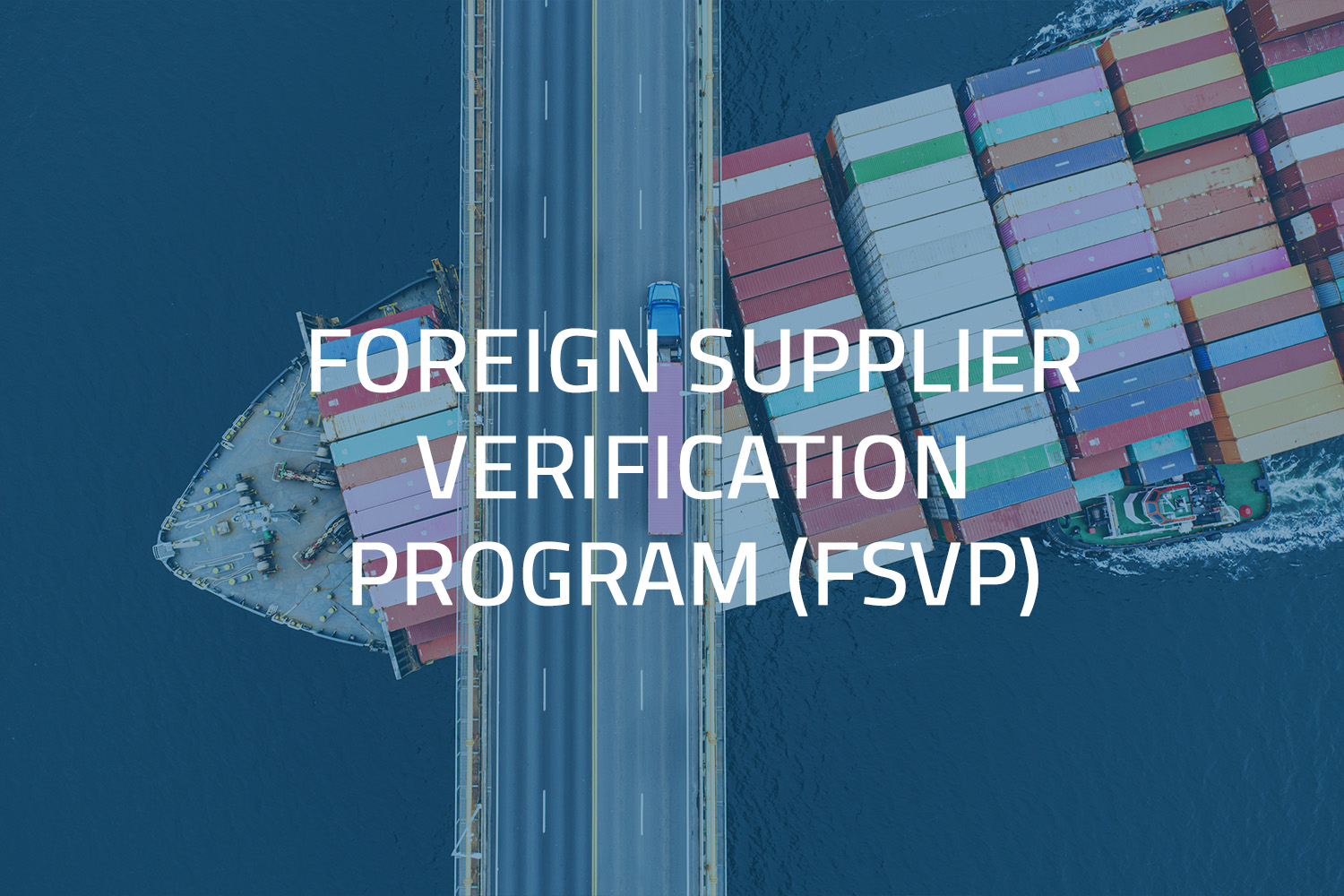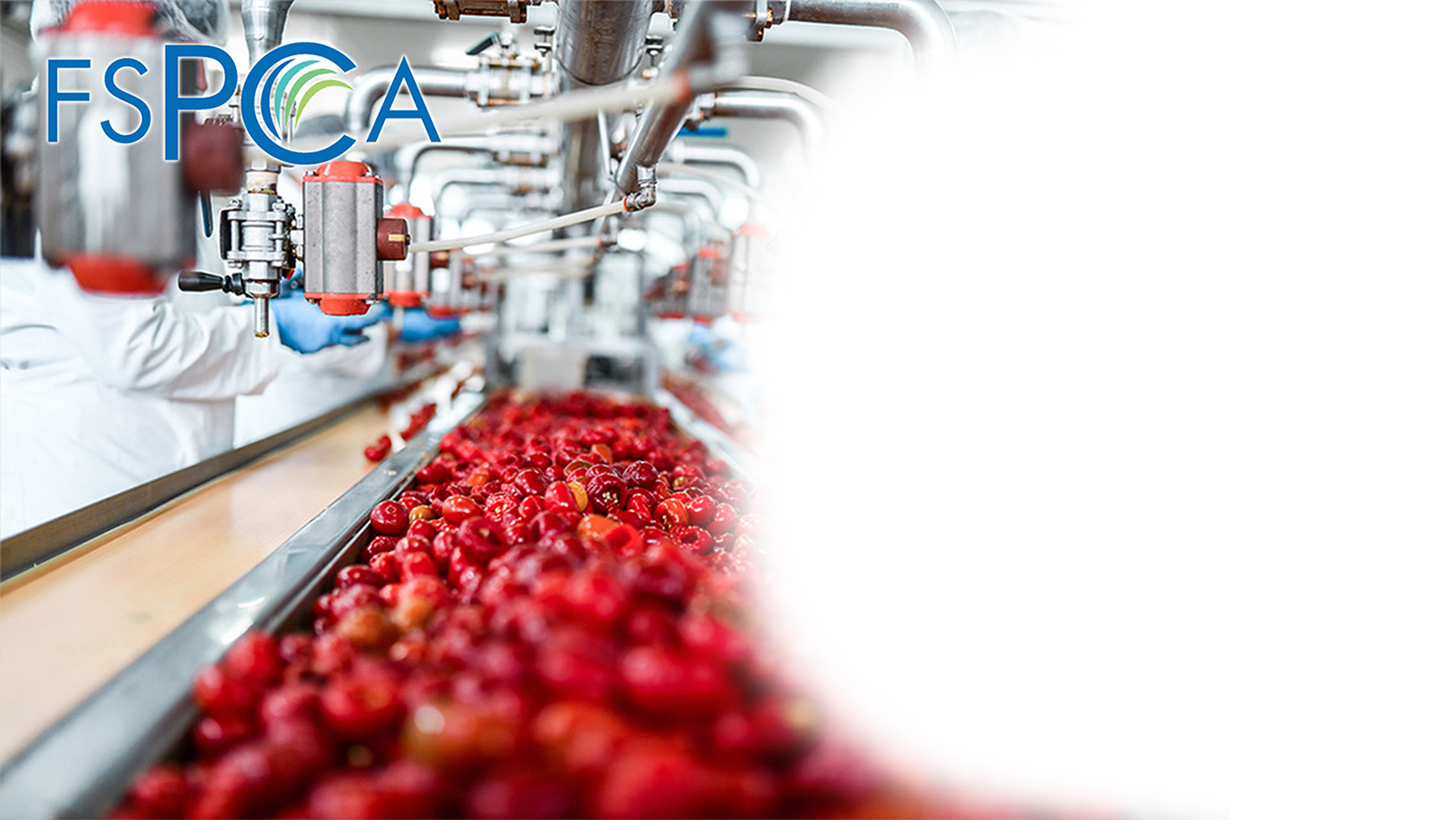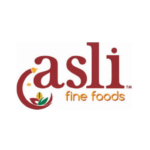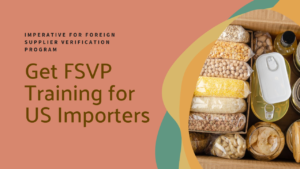The Imperative for US-Based Importers to Undergo FSVP Training
Why US based importers need to take FSVP training?
Are you a US-based importer? If so, it’s crucial for you to understand the importance of Foreign Supplier Verification Program (FSVP) training. With an increasing number of FSVP violations and warning letters being issued, it’s essential that importers like yourself are aware of your obligations under the FSVP rule. The FDA is cracking down on non-compliance, and as an importer, you could be held responsible. So why take any chances? In this blog post, we’ll dive into why US-based importers need to prioritize FSVP training to ensure compliance with FDA regulations. Let’s get started!
With the increasing number of FSVP violations and the issuance of warning letters by the FDA, it has become more crucial than ever for US-based importers to fully understand their obligations under the FSVP rule. Failure to comply with these regulations can have severe consequences, including potential product recalls, costly penalties, and damage to your business’s reputation.
Under the FSVP rule, importers are required to conduct certain activities to ensure that imported food meets US safety standards. These activities include evaluating foreign suppliers’ compliance with applicable food safety regulations, conducting hazard analyses for each imported food product, implementing preventive controls, verifying suppliers’ performance through audits or testing programs, and maintaining comprehensive records.
By undergoing FSVP training offered by organizations like FSPCA (Food Safety Preventive Controls Alliance), importers gain valuable knowledge about best practices in developing an effective Foreign Supplier Verification Program. This training equips them with essential tools and techniques needed to assess foreign suppliers’ capabilities in producing safe food products.
Having a thorough understanding of their obligations helps importers establish robust systems that strengthen supply chain transparency and allow prompt identification and mitigation of potential risks before they reach consumers. By prioritizing FSVP training, US-based importers can demonstrate their commitment to ensuring the safety of imported foods while meeting FDA requirements.
FDA Enforcement for FSVP Non-Compliance
The FDA has been ramping up its efforts to enforce FSVP requirements in recent years. They have issued numerous warning letters to importers who were found to be out of compliance with FSVP regulations. These warning letters serve as a strong reminder that importers need to take their responsibilities seriously.
When an importer receives a warning letter from the FDA, it is not something to be taken lightly. It indicates that the FDA has identified significant violations of FSVP requirements and expects corrective action to be taken promptly. Failure to address these violations can lead to further enforcement actions, including product detention or refusal at the border.
Importers must understand that they are ultimately responsible for ensuring that their foreign suppliers are meeting all applicable food safety standards. This includes conducting appropriate verification activities such as supplier audits, sampling and testing of imported products, and maintaining proper documentation.
FSVP Importers, Key Accountability for FDA Compliance
When it comes to the Food Safety Modernization Act (FSMA) and its regulations, one thing is clear: the FDA holds FSVP importers responsible for compliance. This means that if you are a US-based importer who fails to meet your obligations under the FSVP rule, you will ultimately be held accountable.
The consequences of non-compliance can be severe. The FDA has been issuing warning letters and taking enforcement actions against importers who fail to implement an effective FSVP program. These actions can lead to significant financial penalties, seizure of products, or even criminal charges in extreme cases.
By investing in proper training, you not only protect yourself from potential legal consequences but also demonstrate your commitment to food safety. It shows that you prioritize the health and well-being of consumers both domestically and abroad. Don’t wait until it’s too late – invest in your compliance today!
